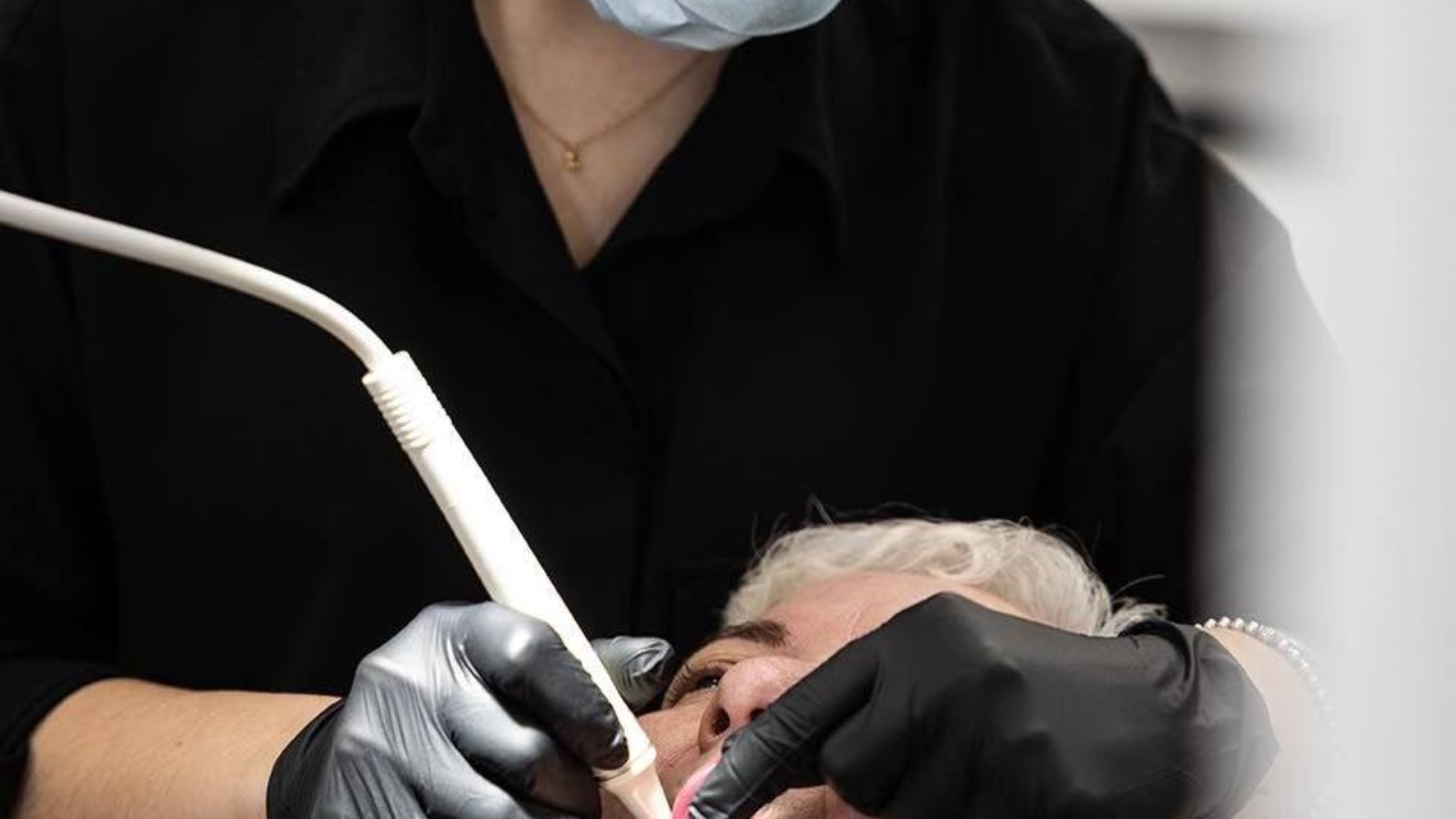Acute dental conditions require immediate intervention, as timeliness often determines whether the tooth can be preserved and serious complications avoided. According to Professor Alexander von Breuer’s methodology, clinical decisions must be taken quickly but always based on precise diagnostics. At DentalClinic24, we follow a structured emergency care protocol – even in complex situations, our priority is not only to relieve pain but also to preserve the functionality of the tooth.
Emergency dental care is required in cases of sudden pain, swelling, dental trauma, fractured restorations or the onset of an abscess. At DentalClinic24, the initial assessment is performed immediately upon presentation using digital diagnostics, allowing for accurate identification of the underlying cause. In line with Professor von Breuer’s methodology, it is essential to eliminate risks, manage pain and determine the treatment strategy before proceeding with any intervention.
In cases of pulpitis, acute inflammation or dental injury, our objective is to stabilise the condition using minimally invasive techniques. At DentalClinic24, we apply modern anaesthetic solutions, microscopic treatment methods and biocompatible materials to ensure safe and painless emergency care. When needed, a temporary filling may be placed or preliminary root canal treatment performed – this allows us to control the process and prepare for definitive restoration.
Emergency care is not limited to pain management. At DentalClinic24, we always consider the long-term prognosis and focus on preventing recurrence. According to Professor von Breuer’s methodology, it is essential not only to resolve the acute phase but also to complete the treatment correctly to avoid additional interventions. If required, specialists from different fields – endodontics, prosthodontics or surgery – are involved to ensure a comprehensive solution.
In cases of extensive damage, assessing whether the tooth can be preserved is crucial. At Dental Clinic24, conservative treatment is prioritised, and alternative solutions are considered only if prognosis is unfavourable. Emergency intervention is therefore not a temporary measure but the initial stage of a complete treatment plan. This approach increases the likelihood of successful recovery even in cases previously considered clinically compromised.
Earlier, we wrote about temporary fillings and why they are used

